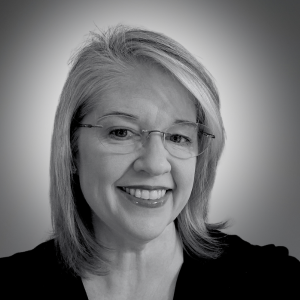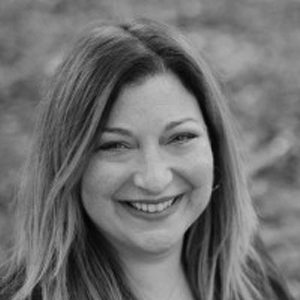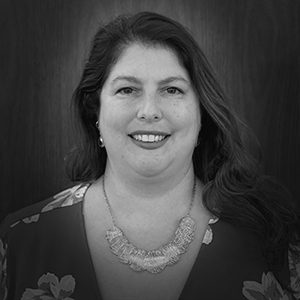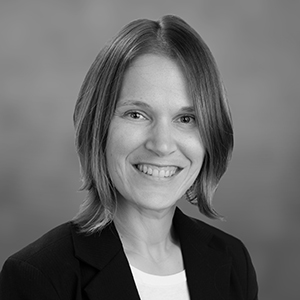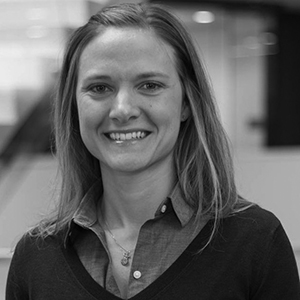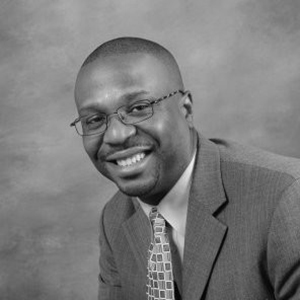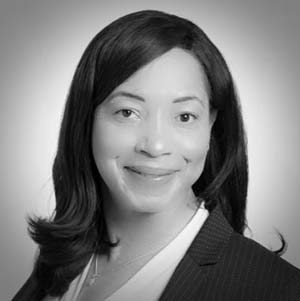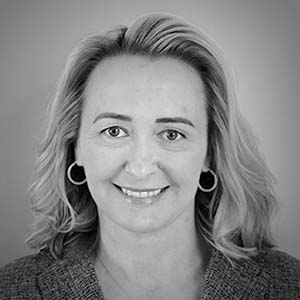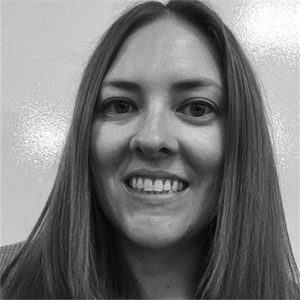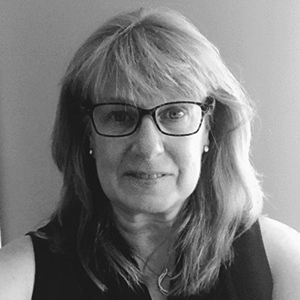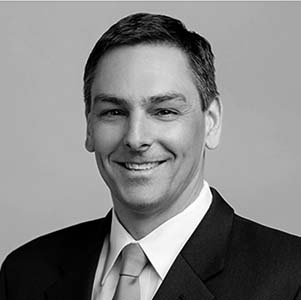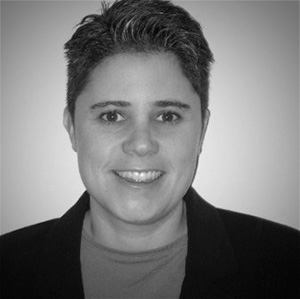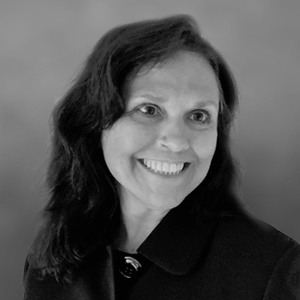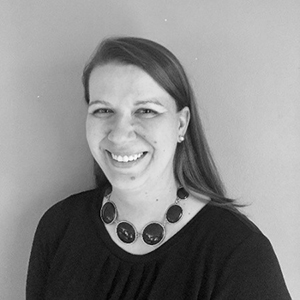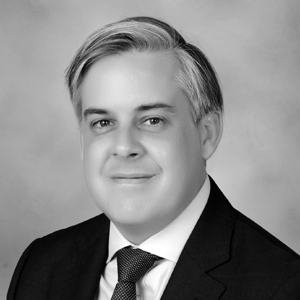Deborah Sartin, Director of the Project Management Office, for Ripple Effect Communications, Inc. brings 15+ Years’ professional experience developing PMOs from inception to service delivery. She is an accomplished leader managing enterprise technical and business projects for federal, corporate, education and non-profit organizations.
Created and managed an Office of Business Excellence and several PMO Centers of Excellence to drive organizational maturity in strategic planning, process improvement, quality management, contract management, and project portfolio management
Ms. Sartin received her M.S. in Management Information Systems from The George Washington University, Washington, D.C.
Ms. Sartin holds CMMI Associate, ISO Certified Auditor, PMP, CSM, SAFe SM, Prosci, ITIL, CIPM, and Balance Scorecard certifications.
Early Work History
1990s
Ms. Sartin worked as a federal contractor to the Federal Communications Commission (FCC) managing technical support and training. She also managed technical support and training for Mead Packaging, a global manufacturing company. In addition, she worked as a Project Manager for an international telecommunication firm, Global One where she launched call centers in the Americas. She has a breadth of experience in all aspects of technology services, shifting organizations from traditional service models to innovative transformational models.
Recent Work History
2000-2012
Ms. Sartin managed projects in the banking industry and worked as a business process improvement analyst for a telecommunications firm. In these roles she developed metrics to improve IT staff performance as well as processes and procedures for organizational efficiencies. She served as a Technology Support Manager for T-Mobile’s global call center. She delivered the best customer experience via outstanding customer relationship management. She also worked as an account executive and technical recruiter for Robert Half Technology. Ms. Sartin is frequently requested as a guest speaker and trainer on project management and organizational change management topics.
Current Work History
In 2012, Ms. Sartin joined the American Speech-Language Hearing Association (ASHA) as their inaugural Project Management Office (PMO) Director. From the success of this role, she was promoted to the role of Director, Office of Business Excellence to lead strategic planning, process improvement and project portfolio management. After her tenure at ASHA, Ms. Sartin developed and expanded PMOs at educational institutions including West Virginia University, the University of Pennsylvania, Success Academy Charter Schools in NYC, and the Univ. of TN Health Science Center. She also provided Project Management consultation services with a global consulting firm where she helped clients establish Agile project management best practices.

![]()







